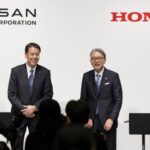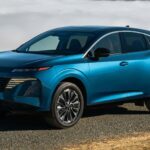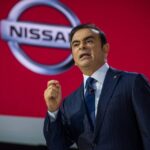In a recent development, Japanese automotive giants Honda Motor Co. and Nissan Motor Co. have decided to end their merger negotiations.
This decision brings an end to the ambitious restructuring effort, which could have created one of the world’s largest automotive groups.
In a press release, Nissan confirmed that Honda proposed changing the structure from establishing a joint parent company to a model where Nissan would become a subsidiary of Honda through an exchange of shares. Furthermore, Honda did not want the alliance to include Renault, requesting Nissan to buy back the shares held by Renault.
Through discussions, both companies recognized that prioritizing decision-making speed and implementing management measures in a dynamic market, especially as the industry enters the era of electrification, made ending the talks and canceling the MOU the most appropriate choice.
Despite not proceeding with the merger, both companies affirmed their commitment to continue collaborating within the framework of the previously signed “strategic cooperation memorandum.”
Currently, Nissan faces myriad challenges and difficulties. According to the announced financial results for the third quarter of Japan’s 2024 fiscal year, while Honda reported a 7% operating profit margin, Nissan achieved only 0.7%.
Nissan’s operating profit for the first nine months of the 2024 fiscal year decreased by 87% compared to the same period in 2023. This has forced Nissan to adjust its full-year financial forecast, including reducing production and increasing sales incentives, despite some support from favorable exchange rates.
Previously, in November 2024, Nissan announced plans to cut 9,000 jobs and 20% of its global production.
According to sources, Nissan is exploring new collaborations with foreign businesses, and Taiwan’s Foxconn, a leading electronics manufacturer, has expressed interest in working with the Japanese automaker.
TH (Tuoitrethudo)
The Great Automotive Divide: Nissan Cuts 9,000 Jobs Post-Honda Merger Collapse
Nissan has embarked on a strategic path to reduce costs and boost operational efficiency. In the wake of the collapsed merger with Honda, Nissan is trimming its workforce while simultaneously seeking new partners. The Japanese automotive brand is determined to streamline its operations and forge ahead with renewed vigor.
Why Honda and Toyota Cars Always Hold Their Resale Value
In the used car market, Honda and Toyota models are perennial favorites due to their reliability and affordable pricing. But why do these brands command a higher price tag than their competitors in the pre-owned arena? CNBC recently delved into the reasons behind this phenomenon, shedding light on the enduring value proposition of Honda and Toyota vehicles.





























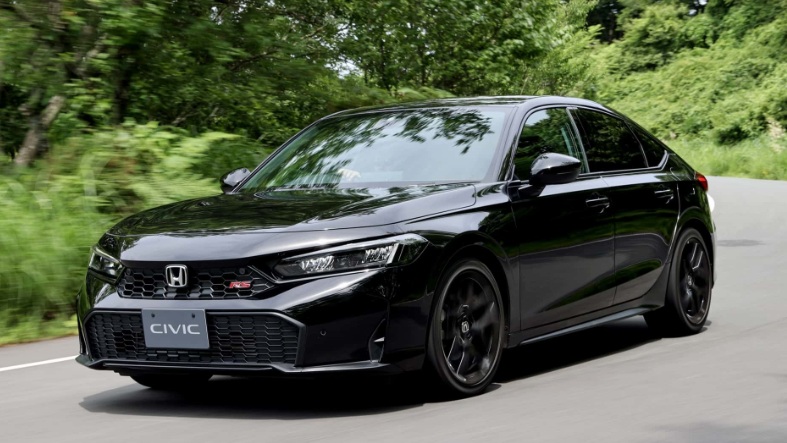
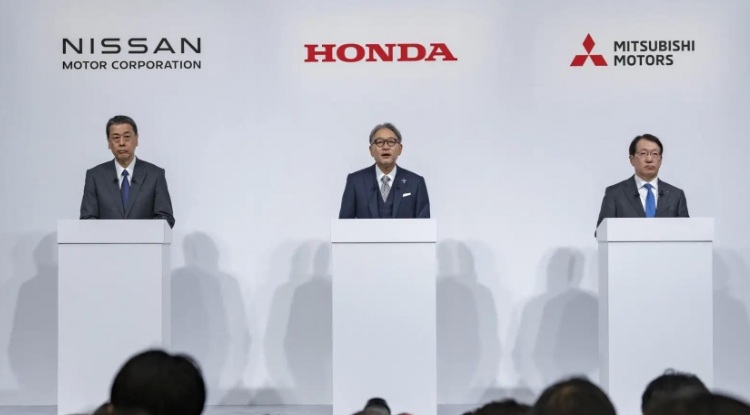
(1).jpg)


